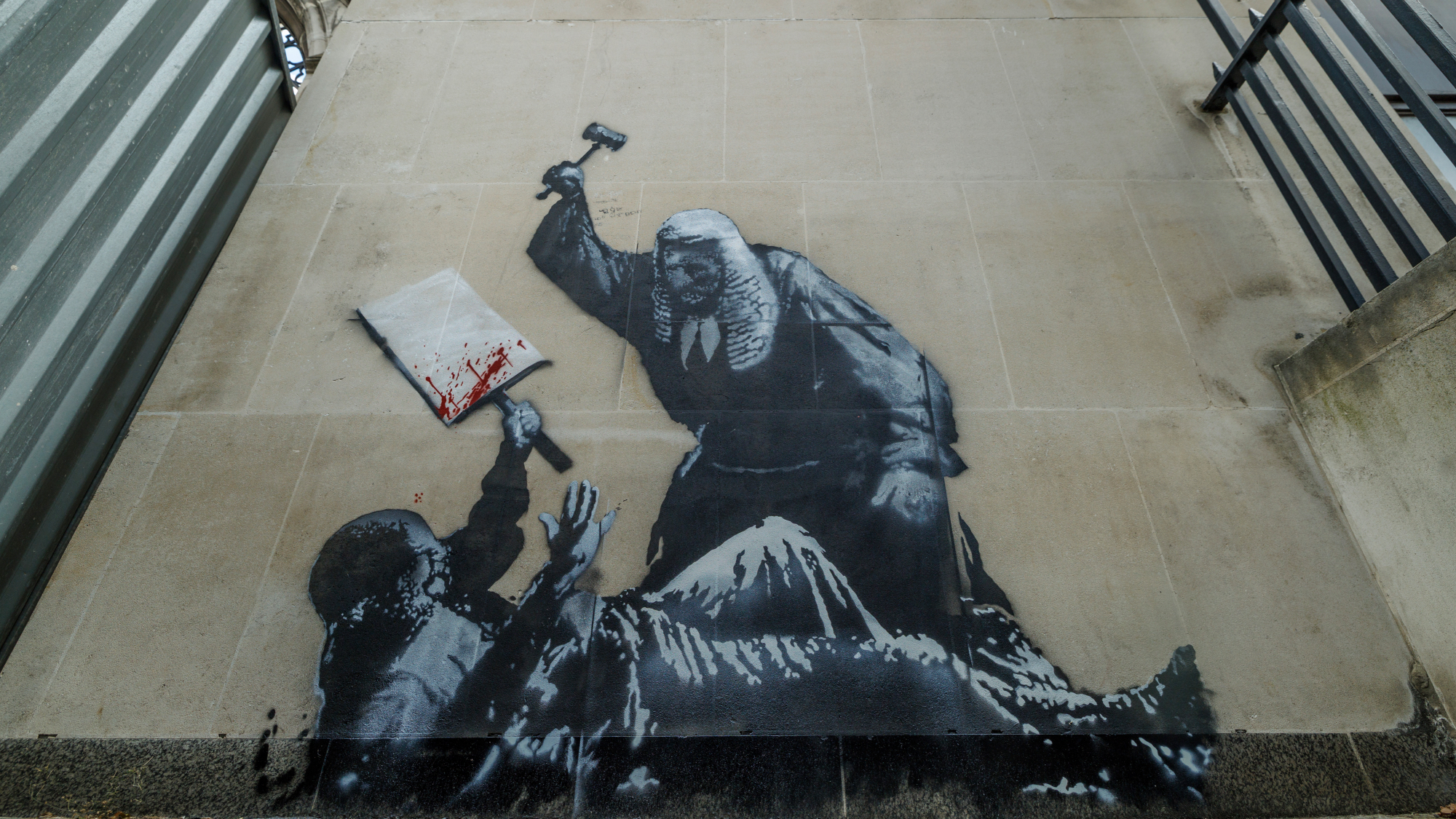Bitcoin is now apparently too mainstream for criminals and cyber-gangsters


As banks and mainstream investors embrace bitcoin, helping fuel the heady gains of the world's best-known cryptocurrency in 2017, some of its earliest adopters — criminals — have started banking elsewhere, Bloomberg reports. The problem for the criminal underground is that bitcoin's blockchain — or transaction history for each virtual coin — is traceable, allowing law enforcement and researchers to follow the crypto-money.
Europol, the European Union police force, warned three months ago that "other cryptocurrencies such as monero, ethereum, and Zcash are gaining popularity within the digital underground," with online extortionists and other cybercriminals apparently favoring monero, which quadrupled in value in the final months of 2017, Bloomberg says. (Bitcoin merely doubled in that time period.) These so-called privacy coins use encryption and other tools to obscure the sender and receiver in online transactions.
"As a community, we certainly don't advocate for monero's use by criminals," monero core developer Riccardo Spagni told Bloomberg. "At the same time if you have a decentralized currency, it's not like you can prevent someone from using it. I imagine that monero provides massive advantages for criminals over bitcoin, so they would use monero." You can read more about bitcoin's new legitimacy problem at Bloomberg.
The Week
Escape your echo chamber. Get the facts behind the news, plus analysis from multiple perspectives.

Sign up for The Week's Free Newsletters
From our morning news briefing to a weekly Good News Newsletter, get the best of The Week delivered directly to your inbox.
From our morning news briefing to a weekly Good News Newsletter, get the best of The Week delivered directly to your inbox.
A free daily email with the biggest news stories of the day – and the best features from TheWeek.com
Peter has worked as a news and culture writer and editor at The Week since the site's launch in 2008. He covers politics, world affairs, religion and cultural currents. His journalism career began as a copy editor at a financial newswire and has included editorial positions at The New York Times Magazine, Facts on File, and Oregon State University.
-
 TikTok secures deal to remain in US
TikTok secures deal to remain in USSpeed Read ByteDance will form a US version of the popular video-sharing platform
-
 Unemployment rate ticks up amid fall job losses
Unemployment rate ticks up amid fall job lossesSpeed Read Data released by the Commerce Department indicates ‘one of the weakest American labor markets in years’
-
 US mints final penny after 232-year run
US mints final penny after 232-year runSpeed Read Production of the one-cent coin has ended
-
 Warner Bros. explores sale amid Paramount bids
Warner Bros. explores sale amid Paramount bidsSpeed Read The media giant, home to HBO and DC Studios, has received interest from multiple buying parties
-
 Gold tops $4K per ounce, signaling financial unease
Gold tops $4K per ounce, signaling financial uneaseSpeed Read Investors are worried about President Donald Trump’s trade war
-
 Electronic Arts to go private in record $55B deal
Electronic Arts to go private in record $55B dealspeed read The video game giant is behind ‘The Sims’ and ‘Madden NFL’
-
 New York court tosses Trump's $500M fraud fine
New York court tosses Trump's $500M fraud fineSpeed Read A divided appeals court threw out a hefty penalty against President Trump for fraudulently inflating his wealth
-
 Trump said to seek government stake in Intel
Trump said to seek government stake in IntelSpeed Read The president and Intel CEO Lip-Bu Tan reportedly discussed the proposal at a recent meeting


